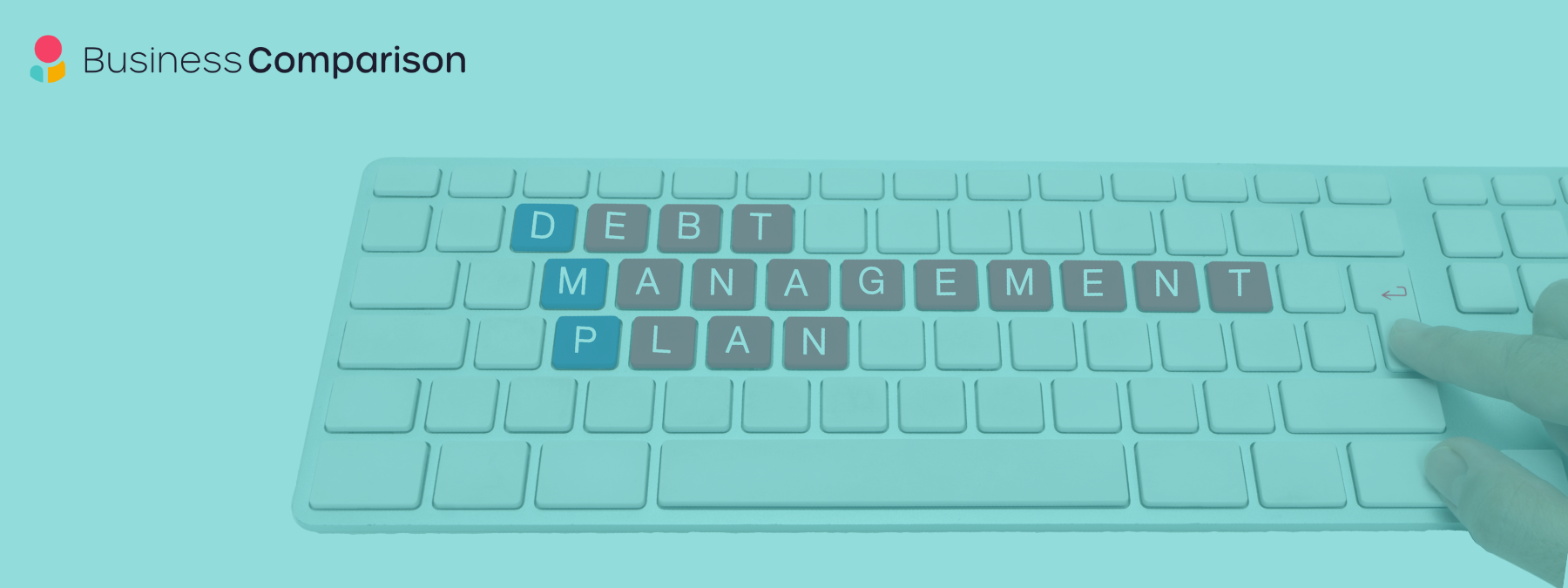Business Debt Management Guide
Risk is a natural part of running a business, and with risk, debt can become a reality, necessitating a business debt management plan. In this guide, we explore business debt management and what you can do to prepare for and tackle a variety of situations, including whether you should consider a business loan.
Business Debt Causes
Business debt can be caused by a variety of reasons. These reasons can easily be broken down into two categories, foreseeable and unforeseeable. We've put together just some of the events that fall into these two categories:
Foreseeable Business Debt Causes | Unforeseeable Business Debt Causes |
| |
For many businesses, a loan can help fund expansion, making debt a natural part of running a business. However, if your business debt levels rise and you're unable to maintain your repayment plan, you can instigate a business debt management plan to address the situation.
 Understand Your Company Structure
Understand Your Company Structure
Before you tackle your business debt, it's important to understand the structure of your company, and what that structure means to your debt.
Limited Companies
If you operate a limited company, you have limited liability for repaying the debts of your company. This means only the assets owned by your company are at risk if you're unable to repay your creditors. However, if you've provided a personal guarantee to obtain credit, your personal assets may be at risk. If you're not ready to face insolvency, it's vital that you find a way to manage the debts your business has accrued.
Sole Traders and Freelancers
If you operate as a freelancer or sole trader (also known as a sole proprietorship) and there's no distinction between your personal and business finances. This means that your business debt will likely affect your personal finances. Subsequently, if your business is struggling financially, your creditors could pursue you personally for the debt payments.
If you're in this situation, it's imperative that you create and follow a debt management plan. Some sole traders open a business account to keep their personal finances separate from their business finances. While this won't help you avoid creditors, it will help keep your finances separate and gain a better understanding of your situation.

Change the Direction of Your Cash Flow
One of the most obvious ways of managing your business debt is to ensure more money flows into your business than is going out. Put simply, changing the direction of your cash flow could help you reduce your debt.
Reduce Your Outgoings
It may seem obvious, but some companies overlook this option. The easiest way to unlock cash to repay your debts is to reduce your outgoings. There's a variety of ways you could achieve this:
Any approach you take that reduces your operating costs, without having a negative impact on your ability to generate income, will help you generate cash to reduce your debts.
Increase Your Revenue
As with reducing your outgoings, it should go without saying that increasing your revenue is a positive step toward paying off your business debts. You can increase your business revenue in a variety of ways:
Reduce your invoice payment terms
Use an invoice finance company to chase outstanding invoices
Run a promotion or discount to increase sales volumes
Offer loss-leading products/services to upsell something more profitable
Refine how you target your marketing
However you increase revenue, it's important to be wise with how you use your additional funds. The most obvious route is to use your newfound revenue to further clear your debt, but you may be able to use it to fund growth and clear your debts faster.

Identify and Prioritise Your Business Debts
In building a business debt management plan, you'll need to gain a full understanding of all of your debts. Once you've identified all of your business debts, one of the most beneficial steps you can take is to identify which of your debts are a priority. Priority debts are any debt which could severely impact your business's ability to trade. These can include:
The above is just a selection of the type of priority debts which businesses can accrue. It's vital to identify any other priority debts that are specific to your business.
Make Arrangements with Your Creditors
If your debts are causing operational issues for your business, the sooner you contact your creditors, the sooner an achievable debt management plan can be arranged. Debt is easier to manage if you tackle it early. As with many lenders, you'll likely find that your creditors are willing to offer flexible repayment options.
The worst course of action your business can take is to ignore debts that are becoming problematic.
Seek out Business Debt Help and Advice
If you're finding it difficult to handle your creditors, it's beneficial to seek out a debt service that specialises in business debt help and advice. There are many professional and reputable firms offering debt management services to businesses. A good place to start looking is the Department for Business, Energy & Industrial Strategy (BEIS) finance and business support page.

Consolidate with Business Debt Loans
If your business is struggling to maintain monthly debt payments, exploring business debt loans could help. A debt consolidation loan (also known as refinancing) allows you to reduce your monthly outgoings, spreading your debt repayment plan over a longer period of time. However, it's important to keep in mind that refinancing may result in your business paying more overall. This is due to the interest you accrue due to an increased loan term.
If you opt for a business debt consolidation loan, it's important to compare your options before applying. You want to ensure you find a loan that's right for your business, offering achievable repayment terms at the best interest rate available to your business.
Ensure your Business Debt Management Plan is Achievable
We've suggested a few different approaches to building a business debt management plan, including a few methods of tackling your business debt. Accordingly, one of the most beneficial steps you can take in building your plan, is ensuring that you've considered as many angles as possible, and that it's realistically achievable to follow your plan to its conclusion.
Compare to Get The Best Business Deals
At BusinessComparison, we make it easier for you to find best deals on business essentials. Whether you're looking for the best business energy deals or broadband offers, we can help. We compare offers from leading providers to make it easier to compare and quickly secure the best deals for your business.













 Understand Your Company Structure
Understand Your Company Structure


